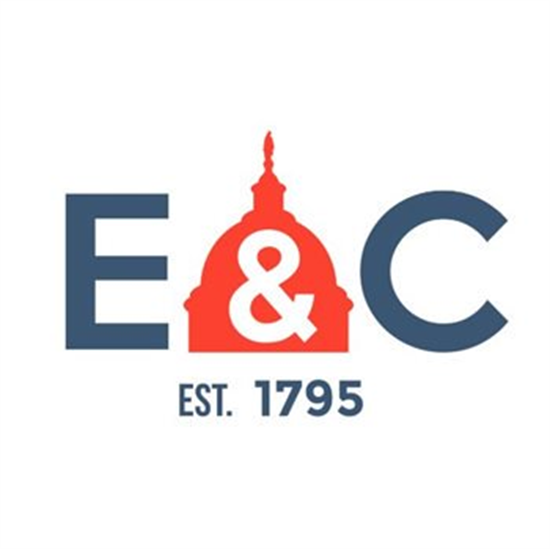In the News
House E&C Committee Addresses 7 Bills to Improve Generic Competition
Washington,
March 13, 2019
All seven bills are part of Congress’ attempt to bring more generic drug competition to market to lower pharmaceutical prices in the US. And all seven witnesses agreed that the bills considered Wednesday before the committee would move the needle in terms of lowering costs. But disagreements over a few of the bills’ details also raised the specter of congressional inaction. Perhaps the most contentious of the seven bills is the BLOCKING Act (H.R. 938), sponsored by Reps. Kurt Schrader (D-OR) and Buddy Carter (R-GA), which would discourage the parking or stalling of a company’s use of its 180-day exclusivity by a first generic applicant. The bill would allow FDA to approve a subsequent generic application prior to the first applicant’s first date of commercial marketing when four conditions have been met: “(1) the subsequent application is ready for full approval; (2) a minimum of 30 months has passed since at least one first applicant submitted their application for the drug; (3) any related patent litigation has been fully resolved; and (4) no first applicant is approved.” But Chip Davis, CEO of the Association for Accessible Medicines (AAM), said in his written testimony that there has been “no evidence” to date to justify changes to the 180-day exclusivity for first generics. “Concerns about the potential for ‘parking’ of applications were adequately addressed by Congress as part of the Medicare Modernization Act of 2003. FDA’s current statutory and regulatory authority allow the agency to conclude that 180-day exclusivity will not be awarded to a first applicant that does not diligently pursue approval,” Davis wrote. Similarly, Kurt Karst, director at Hyman, Phelps & McNamara, said in his written testimony: “This bill will make 180-day exclusivity eligibility far more unpredictable for ANDA applicants, reducing the incentives generics have to challenge brand manufacturers’ patents.” However, Michael Carrier, distinguished professor at Rutgers Law School, said Wednesday that these forfeiture provisions in the Medicare Modernization Act are “toothless,” because the provisions only apply on the later of two events, “one of which is an appellate court decision, which can take place years down the road.” Schrader also defended his bill Wednesday, saying it “does not revoke, diminish or shorten any period of exclusivity for first generics filers. It puts manufacturers on notice to keep the ball rolling after they’ve started the application process.” He also said FDA told him on Tuesday that the bill could save $1.8 billion. Similar to HR 938, the "Fair and Immediate Release (FAIR) of Generic Drugs Act," (HR 1506) introduced by Rep. Nanette Barragán (D-CA) drew some opposition, as it would allow any generic filer who wins a patent court challenge or is not sued for patent infringement by the brand manufacturer to share in the 180-day exclusivity period of first applicants that enter into patent settlements that delay entry. But Carrier defended the bill, saying it “would be the most effective deterrent for settlements.” Less controversial bills were more widely accepted, such as HR 965, the "Creating and Restoring Equal Access to Equivalent Samples (CREATES) Act of 2019," which has been previously introduced several times in both the House and the Senate, and would establish a process by which generic manufacturers could request that FDA authorize them to obtain sufficient quantities of samples for testing. Reps. Larry Bucshon (R-IN) and Greg Gianforte (R-MT), however, both said they thought the current version of CREATES might encourage more litigation. Zachary Brennan Regulatory Affairs Professionals Society |


